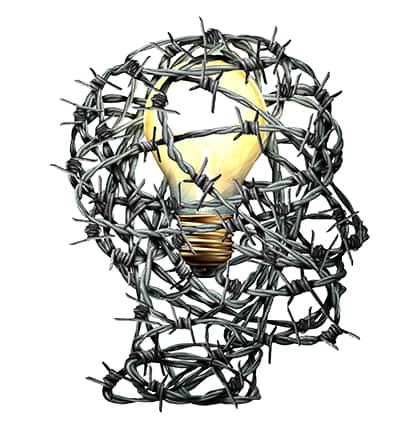- Hotline+971 50 27 28 29 1
- for Individual offices click here
STA's Team of Lawyers in Abu Dhabi, Bahrain, Doha, UAE, Luxembourg, Moscow, RAK, Sharjah, and Singapore. Find a Lawyer. ..
Read more informationTrademark Bill 2019 to Replace Trademark Act1976 in Malaysia
 The Malaysian Parliament passed the Trademark Bill 2019 to replace the old Trademark Act, 1976 to bring the country’s intellectual property law at par with Singapore. This new law would help Malaysia to accede to Madrid Protocol as envisaged to be adopted by the ASEAN members under ASEAN Economic Community Blueprint 2015.
The Malaysian Parliament passed the Trademark Bill 2019 to replace the old Trademark Act, 1976 to bring the country’s intellectual property law at par with Singapore. This new law would help Malaysia to accede to Madrid Protocol as envisaged to be adopted by the ASEAN members under ASEAN Economic Community Blueprint 2015.
The Madrid Protocol is an international instrument that allows a country to file its trademark for registration in several countries simultaneously which have ratified Madrid Protocol through a single filing.
The features of the new law are:
This would permit the trademark registered in Malaysia to seek registration of his mark in 120 nations that are parties to Madrid Protocol by filing single application with single fees. This would also turnover single class filing application to multi-class filing covering multiple classes of goods and services in a single sweep.
The amendment gives recognition to non-traditional trademarks viz. shape of goods, packaging, scent, holograms, sound, colour, holograms, sequence of motion, etc. if it is capable of:
The law has made it clear that filing date would be recorded only upon fulfillment of formality and if there are different dates for the formality, then the last of those date. The law also mentions that priority date concept would not have any effect except for the prior trademarks filed under the old law.
The substantive grounds for refusal are categorized as, firstly, absolute grounds of refusal and secondly, relative grounds of refusal. The significant amendment under the absolute ground is with regards to shape marks, the law hence prohibits registration of shapes which:
The new law provides recognition to rules such as collective marks for associations such as clubs, trade unions and societies.
The Bill provides express recognition to common law principle of the rights under passing off for unregistered marks and trademarks that contravenes copyrights or industrial design laws.
 The new law also expands the scope of trademark infringement allowing the registered proprietors of a trademark to file action for infringement for goods and services which are similar to the goods and services claimed under the already registered mark.
The new law also expands the scope of trademark infringement allowing the registered proprietors of a trademark to file action for infringement for goods and services which are similar to the goods and services claimed under the already registered mark.
Trademarks would be now considered as security interest, thereby making it as an object of personal or movable property.
Though the new Bill made sweeping changes but still this much awaited law has not come into force. But the legal experts of the country have pointed that different dates may be appointed for different parts of the legislation.